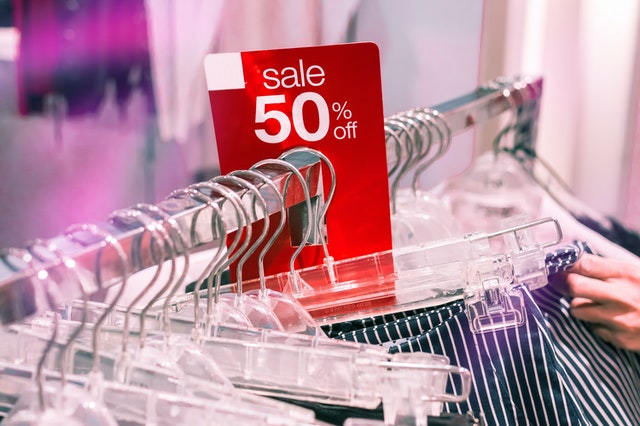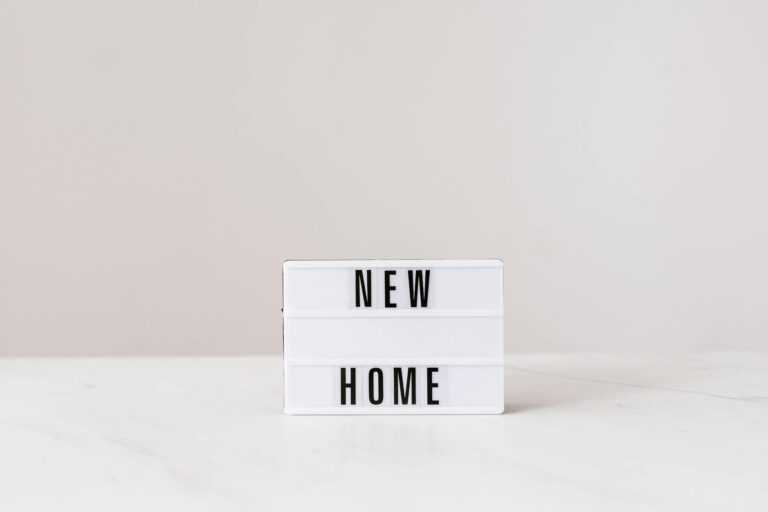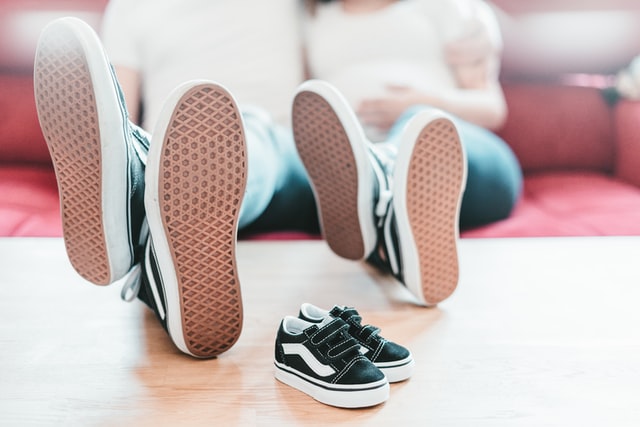5 Mindful Questions To Ask Yourself Before Making A Purchase
Do you often buy things that later turn out to be not useful? Not only do you waste your hard-earned money, your home is also cluttered by the stuff you don’t need.
What’s even more frustrating is that, at the moment of purchase, you were 100% sure you needed the product and believed it would bring numerous benefits to your life! Only later do you have to face the hard truth and admit your mistakes in making these purchase decisions.
If this resonates with you, I’m here to offer advice based on my experience with intentional shopping.
I was once a reckless shopper. But several years ago, I had the opportunity to practice shopping with intention when my family was in a multi-year process of preparing for an overseas move. I wanted to make decluttering and packing easier, and our move more smoothly and less costly.
Establishing the habit of intentional shopping wasn’t easy, as there were temptations everywhere. But because of this conscious effort to be intentional, after our move to the United States, we were able to make wise decisions when furnishing and decorating our brand new house. I’ve also enjoyed my home with very little clutter.
In this blog post, I will share the 5 questions that you can ask yourself before you make a purchase, to make sure that the product/services that you buy is truly what you need.
5 Mindful Questions to ask yourself before making a purchase decision
Question #1: Am I getting It Only Because It’s A “Great Deal”?
We all love a great deal, right? However, it’s important to consider whether the item or service you are purchasing aligns with your needs and priorities.
Just because something is on sale doesn’t mean it’s the right choice for you. No matter how cheap a product is, if you have no need for it, it’s still a waste of money and clutter in your home.
Focus on your needs instead of the product. Remember, it’s not about the bargain itself, but about how the purchase will ultimately benefit you.

Question #2: Do I already have something with similar function/appearance?
Having duplicates will lead to unnecessary clutter and increased maintenance.
Take a mental inventory of your possessions. If the item you’re eyeing serves a similar purpose or looks strikingly similar to something you already own, you might want to reconsider the purchase.
If you believe the item you are purchasing is significantly better than the one you already own, take the opportunity to declutter the old one. This way, you can maintain a consistent number of items in your home and prevent clutter from building up.
Question #3: How inconvenient will my life be without it?
This is the question I learned from reading about minimalist living. It has been the best way to help me cool down and become more rational whenever I am tempted to make impulse buys.
When contemplating a purchase, you likely have already been introduced to the wonderful benefits this product can bring into your life—thanks to the advertisements and influencers. But what if, instead of focusing on what it could add, you took a moment to consider what your life would be like without it?
Will your day-to-day life be any worse off if you don’t have it? Can you handle the inconvenience without it? Are there things you already own that could serve the same purpose?
I once watched a Japanese drama featuring the life of a minimalist. In it, she revealed an interesting facet of her lifestyle – she doesn’t own any bath towels.
When asked she takes a shower without a bath towel, she explained that she manages by using two small face towels to wipe her body. She agrees that it’s a little inconvenient without a bath towel, but she is used to the inconvenience and is completely fine with it.
The key takeaway here is that if it makes no difference in your life, or you can navigate the inconvenience without owning the product, then perhaps you don’t really need to make that purchase. It’s all about finding what works for you.
If you are leaning towards a simple lifestyle and would like to own less, this is a great question that you can ask to help you make a rational shopping decision.
Question #4: Do I know enough about this product?
In today’s world, we are bombarded with advertisements and influencers promoting various products and services. It can be tempting to solely rely on their recommendations and make a snap decision.
However, it’s crucial to remember that ads and influencers often have a vested interest in promoting certain products. Their goal is to convince you to buy, not necessarily to provide you with unbiased and comprehensive information. That’s why it’s essential to do your own research and gather as much information as possible before making a purchase.
Look up independent reviews and testimonials from individuals who have actually used the product. These reviews can give you valuable insights into the pros and cons of the product, as well as its real-world performance.
Additionally, explore different sources such as consumer reports, forums, and discussion boards where people share their experiences with the product.
I once was tempted to order a makeup airbrush after seeing an informercial on TV. The results on the model looked so amazing and the process seemed to be so simple.
However, after doing some research about this product, and reading numerous bad user reviews. I was glad that I did my research, and did not impulse buy it.
Question #5: How many days can I wait?

By giving yourself a cooling-off period and using that time to do some research, you can make more informed decisions about your purchases.
I was inspired by the 3-day-rule I implemented for my son before buying toys. I discovered that most of the time, he would forget about the toys.
And since I am an adult, I should have a longer period of wait time, say 14 days.
I use the waiting period to do more research on this product. I read reviews, check prices from different distributors, then wait. But many times, after 14 days, I find that I’ve already forgotten about this product.
By incorporating this waiting period into my purchasing routine, not only have I saved money, but I’ve also spared myself from potential buyer’s remorse. It also helps prevent clutter from entering into my home.
Conclusion
To recap, to stop buying stuff you don’t need and prevent clutter from coming into your home, there are 5 mindful questions you can ask yourself before making a purchase decision:
- Am I getting it only because it’s a “great deal”?
- Do I already have something with similar function or appearance?
- How inconvenient will my life be without it?
- Do I know enough about this product?
- How many days can I wait?
I hope this article is helpful to you!





